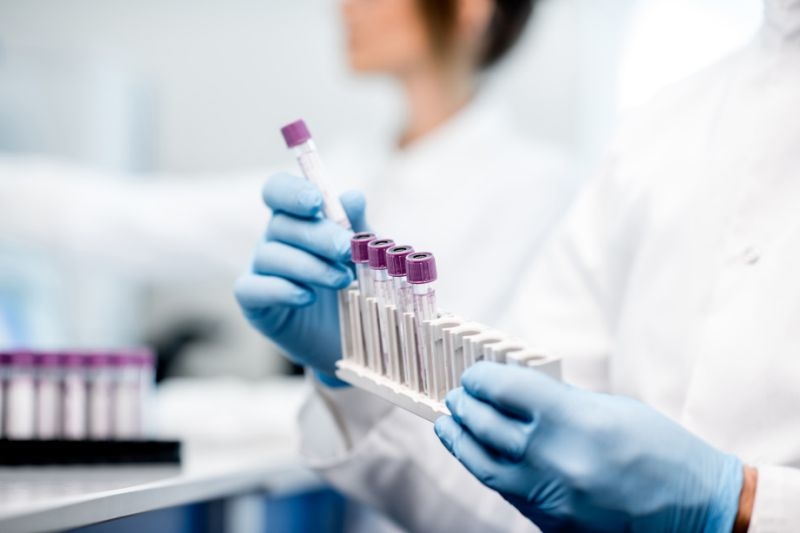Consumers credit pharma efforts to develop vaccines and find treatments for COVID-19 for better industry perceptions during the pandemic. (Getty/RossHelen)
Pharma’s reputation is holding strong these days, the latest Harris Poll survey shows. That’s good news again for the industry—but why the change?
With this survey, The Harris Poll asked Americans that question. And, perhaps unsurprisingly, the COVID-19 crisis is the reason.
Seventy percent told the market researcher that the industry’s overall response to the pandemic is the main reason for their more positive feelings. Efforts to develop a vaccine (58%), develop or find treatments (56%), create diagnostic tests (56%) and protect medical professionals by providing masks and protective gear (46%) also rated as key reasons perceptions have changed, said Harris Poll Managing Director Rob Jekielek.
The newer, mid-May poll found that 40% of Americans have a more positive view of the pharma industry than they did before the pandemic began—the same percentage who responded the same way in April's poll.
But Harris Poll dug into the numbers there as well—and found positive sentiment especially high among three groups, Jekielek said. Urban dwellers at 49%, and both Gen Z and millennial audiences at 44%, all polled above average in saying they've developed a more positive view of pharma since the COVID-19 pandemic began.
Harris Poll posed the same questions to the naysayers as well. Overall, about 16% of Americans had a negative or more negative view of pharma in mid-May, which was again on par with April sentiment.
But why more negative? The only reason given by a majority (53%) was the criticism that pharma is not making drug treatments more affordable during this time of crisis. That was followed by putting company interests before people during the crisis (45%) and not doing enough to protect vulnerable populations (43%). Forty percent attributed their negative feelings to the industry's "poor" response to the crisis.
“One of the important things on the negative side is, when we’re looking across these areas of negativity, it’s an overall higher percentage in rural areas,” Jekielek said.
Also added to Harris Poll's survey in May were questions about where Americans are getting their information about the pharma industry.
Overall, 81% of those surveyed said they had seen, read or watched some kind of news about the pharma industry’s efforts in relation to COVID-19.
About half (48%) of them said they saw or read it in the news, while 47% they got their information from advertising on TV, social media or online. TV was the biggest advertising attention-getter at 31%, followed by social media at 21% and online search or websites—also at 21%—among Americans who saw pharma advertising.
Jekielek said one notable data point was that among Americans who had a more positive view of the industry, more of them had seen some kind of pharma advertising—by a significant margin of 20% over those who had a negative view.
“When you look across all the different advertising channels, you see significant positive equity,” Jekielek said, adding, “basically if I’m seeing advertising, I’m much more likely to be feeling more positive about the industry.”
That’s notable because the COVID-19 era is different. Pharma advertising typically resonates with the patients and caregivers affected by the conditions or disease featured in the ads.
“Now, what you’re seeing is more of a macro-connection,” Jekielek said, which means advertisers are getting broader public attention, and that “reinforces why you’d want to consider advertising now.”


